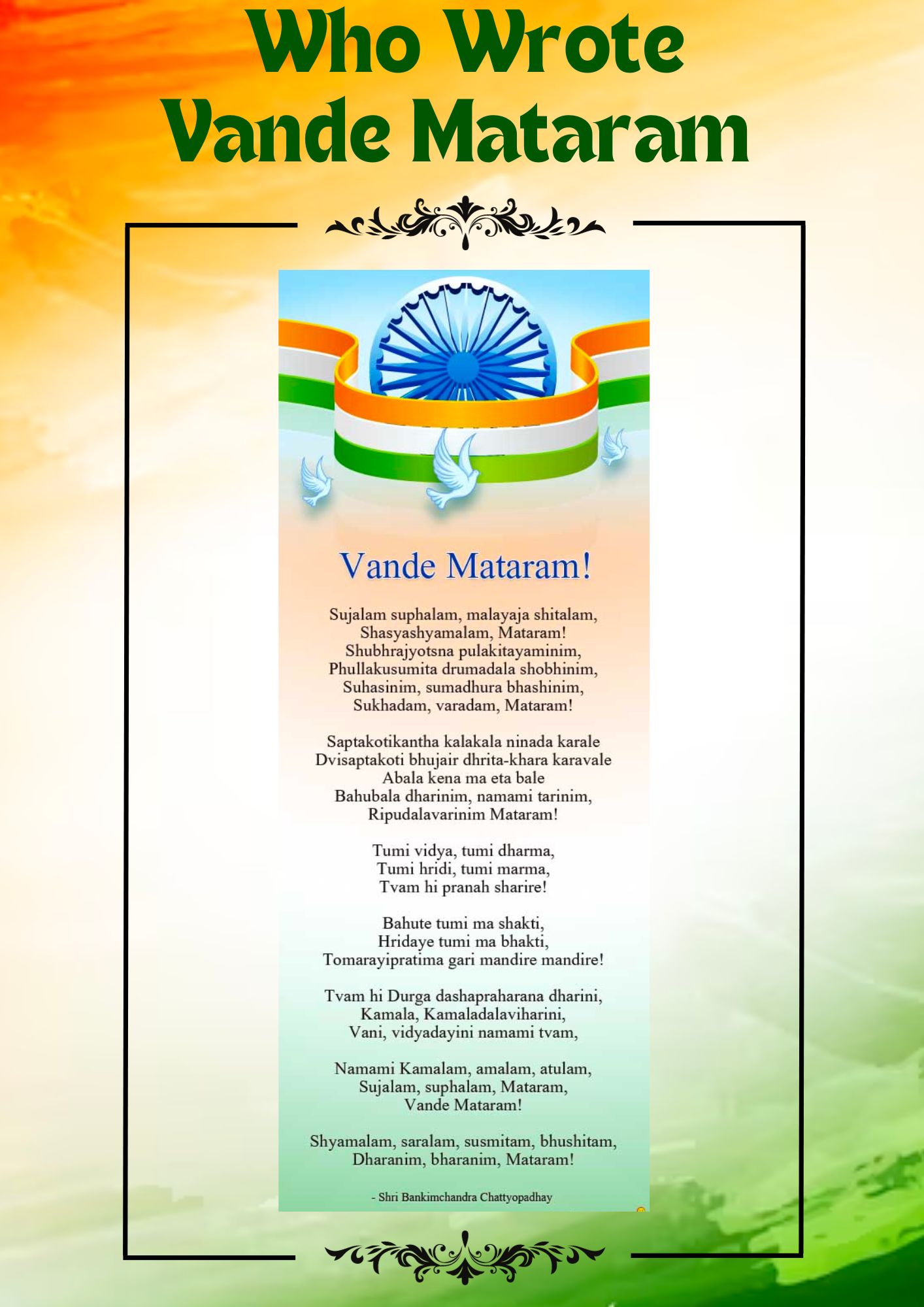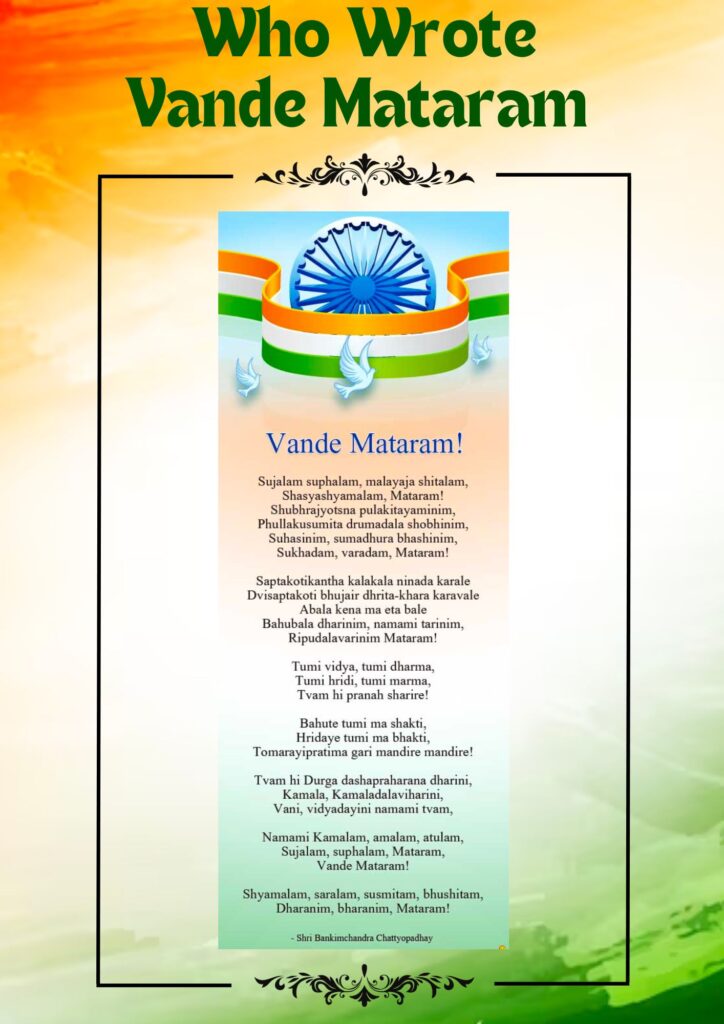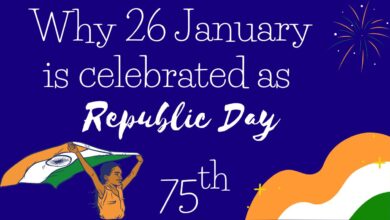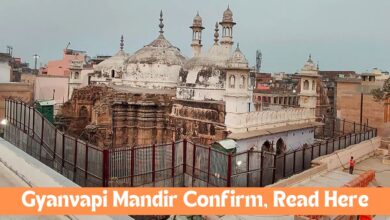Who Wrote Vande Mataram | Vande Mataram: The Sync of National Sim and Patriotism
Who Wrote Vande Mataram: He wrote Vande Mataram which inspired many activists and became the national song of India. Who is he? Let's find out

We as Indians, respect and embrace our national song with divine power. The energy the song holds makes nationalism rise in all Indians altogether and increases a sense of brotherhood among them.
Let’s recall our national song and understand how it became so enthusiastic and famous & Who Wrote Vande Mataram?
Understanding the Rhythm
Vande Mataram” echoes in the heartbeat of the nation, is much more developed than just a patriotic slogan; it is a song that reflects the zeal of India’s freedom struggle and the patriotic spirit. The meaning “I bow” to you, Mother” and speaks itself reflects the deep-rooted love and respect of Indians for their motherland.
Who Wrote This Song of Nationalism
Vande Mataram which is also spelled as Bander Mataram means I praise your mother, is heartily written by Bankim Chandra Chatterjee in the late 1870s.
The first two parts of this poem were regarded as the national song of India in 1937 by Congress.
Read more: Why EaseMyTrip and Indians suspended Maldives and choose Lakshadweep over it
He wrote Vande Mataram which inspired many activists and became the national song of India. who is he?
Many of you want to know who is the one who wrote Vande Mataram which inspired many workers and became the national song of India, then let us tell you that Vande Mataram was written by Bankim Chandra Chatterjee in the 1870s, and then it was made the national song of India by the Congress in 1937.

The Story of This Amazing Poem
The poem was initially published in 1882 as a part of Chatterjee’s Bengali novel Anand Math. In later verses, it is the motherland of hymns to the people, personified as the “Mother Goddess.” This refers originally to Bengal, hence the name “mother” body Bangamata (Bangmata), although the text does not explicitly mention this. Indian nationalist and philosopher Sri Aurobindo described Vande Mataram as the “national anthem of Bengal”.
However, this poem played an important role in the Indian independence movement. It first gained political significance when it was recited by Rabindranath Tagore in Congress in 1896. By 1905 it was popular as a tune among political activists and freedom fighters The song and Anandmath was banned under the British colonial rule for jail under threat, which made its implementation more flexible.
Final Implementation of the Vande Mataram Song
On January 24, 1950, the Indian Constituent Assembly adopted Vande Mataram as the National Anthem. Indian President Rajendra Prasad said the anthem should be treated equally with the national anthem. Though there is no mention of the “national anthem” in the Indian Constitution, the government filed an affidavit in the Delhi High Court in November that the National Anthem and Vande Mataram stand on equal position and the citizens are expected to respect both equally.
The first two verses of the song vaguely refer to “Mother” and “Motherland,” without any religious connotation. Later passages, however, mention Hindu deities such as Durga.
Unlike the national anthem, there are no rules or morals to be followed in reciting Vande Mataram.
hope this one was amazing information that might have inspired your nationalism beneath. For more such interesting information stay tuned.




3 Comments